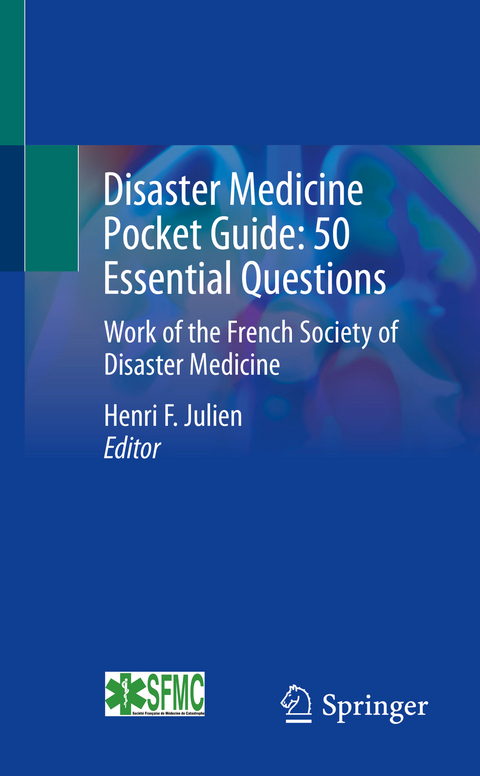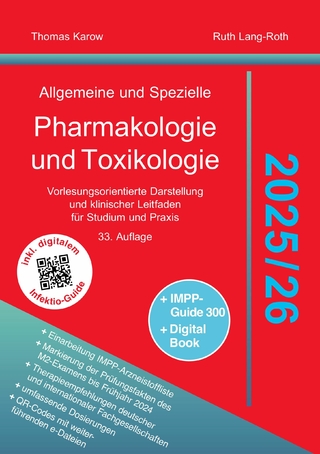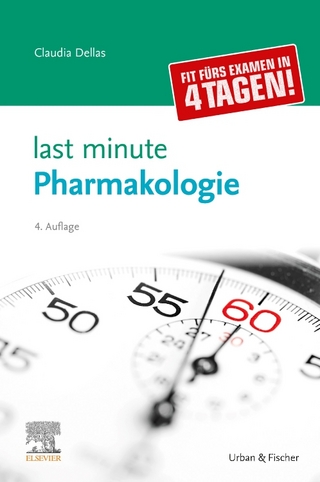
Disaster Medicine Pocket Guide: 50 Essential Questions
Springer International Publishing (Verlag)
978-3-031-00653-1 (ISBN)
A very handy practical book written by French doctors specialised in disaster medicine, this guide offers their core experience condensed in 50 small, easily digestible chapters. Each chapter is designed to enable the reader to "know", "understand", and learn what to "do" in the concerned situation, ensuring the crucial information is easily on hand and available.
May this guide contribute to the dissemination of a validated French know-how and thus to save lives and alleviate suffering.
Dr Henri F Julien was a Brigadier General, currently retired. He was a MD - Anesthesiology-Resuscitation, Medical Disaster Manager, Member of the French Academy of Medicine, President of the French Society of Disaster Medicine, National adviser of the Conseil National de l'Ordre des Médecins (CNOM), and Former President of the European Council for Disaster Medicine. He published many books about Disaster medicine and is the coordinator of the Vademecum in the name of the French Society of Disaster Medicine, written by experts in the field: Jean-Pierre Auffray, Kilian Bertho, Catherine Bertrand, Humbert Boisseaux, Arnaud Bourdé, JeanPierre Carpentier, Nicolas Cazes, Xavier Combes, Pedro Do Monte, Emmanuelle Fontaine, Bertrand Guihard, Matthieu Heidet, Francis Huot-Marchand, Henri Julien, Matthieu Langlois, Éric Lecarpentier, Bertrand Prunet, Marc Noizet, René Noto, Patrick Portecop, Mathieu Raux, Claude Renaudeau, Alain Rissetto, Luc Ronchi, David Serrano, François Soupizet, Éric Thibaud, Stéphane Travers, Benoit Vivien.
Part I. Introduction to disaster medicine.- Chapter 1. Disaster, uncommon health crises, and disaster medicine.- Chapter 2. Ethics, deontology in disasters.- Chapter 3. Medico-legal issues.-Chapter 4. Doctors and media in disasters.- Part II. Organising Healthcare and emergency actions.- Chapter 5. ORSEC-NOVI plan.- Chapter 6. Contingency plan, uncommon health crises (UHC).- Chapter 7. Emergency chain in disaster medicine.- Chapter 8. Medical Emergency Director (MED).- Chapter 9. First doctor on disaster scene.- Chapter 10. Role of the medical manager of intra-hospital crisis.- Chapter 11. Triage of disaster medicine.- Chapter 12. Advanced medical posts (AMP).- Chapter 13. Casualty collection point (CCP).- Chapter 14. Rescue in shooting and hostages-taking.- Chapter 15. Medical coverage of big crowds.- Part III. Disastrous events.- Chapter 16. Destructive earthquakes.- Chapter 17. Cyclones.- Chapter 18. Volcanic eruptions.- Chapter 19. Cold waves.- Chapter 20. Heat waves.- Chapter 21. Disasters and epidemics.- Chapter 22. Dwellings fires.- Chapter 23. Fire smoke inhalation.- Chapter 24. Explosions.- Chapter 25. Nuclear and radiological accidents.- Chapter 26. Traffic accidents involving many victims.- Chapter 27. Railway accidents.- Chapter 28. Warfare chemical agents.- Chapter 29. Forest fires.- Part IV Techniques of disaster medicine.- Chapter 30. Principles of field medical care.- Chapter 31. Medical dispatch in crises and disasters.- Chapter 32. Crush syndrome.- Chapter 33. Blast.- Chapter 34. Ballistic wounds: management principles.- Chapter 35. Damage control.- Chapter 36. Fluid therapy in disasters.- Chapter 37. Procedural sedation and analgesia.- Chapter 38. Search and rescue (SAR).- Chapter 39. Life-saving amputation.- Chapter 40. Disaster situations and psychological impact.- Chapter 41. Reception of CoVID-19 patients at the ER.- Chapter 42. Mass casualty decontamination.- Chapter 43. Emergency dry decontamination.- Chapter 44. Children and disasters.- Chapter 45. Pharmaceutical preparedness in disaster medicine.- Chapter 46. Antidotes for chemical and radiological agents.- Chapter 47. Mobile medical post (MMP).- Chapter 48. PPE of health staff.- Chapter 49. FMC, SINUS, and patient tracking in disasters.- Chapter 50. Transmission in disasters
| Erscheinungsdatum | 21.10.2022 |
|---|---|
| Zusatzinfo | XXIV, 236 p. 31 illus. in color. |
| Verlagsort | Cham |
| Sprache | englisch |
| Maße | 127 x 203 mm |
| Gewicht | 349 g |
| Themenwelt | Medizin / Pharmazie ► Medizinische Fachgebiete ► Notfallmedizin |
| Medizin / Pharmazie ► Medizinische Fachgebiete ► Psychiatrie / Psychotherapie | |
| Studium ► 2. Studienabschnitt (Klinik) ► Pharmakologie / Toxikologie | |
| Schlagworte | Collective emergencies • Damage control • Decontamination • Disaster medicine • Emergency organization • Health crisis management • natural disasters • PTSD • Triage • Uncommon health crises |
| ISBN-10 | 3-031-00653-4 / 3031006534 |
| ISBN-13 | 978-3-031-00653-1 / 9783031006531 |
| Zustand | Neuware |
| Informationen gemäß Produktsicherheitsverordnung (GPSR) | |
| Haben Sie eine Frage zum Produkt? |
aus dem Bereich


